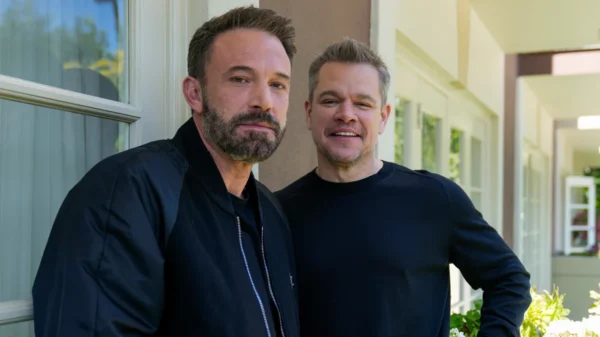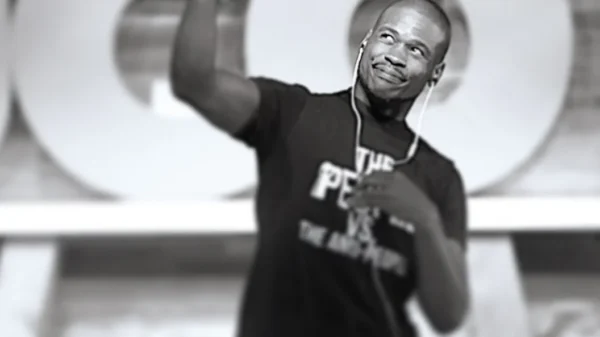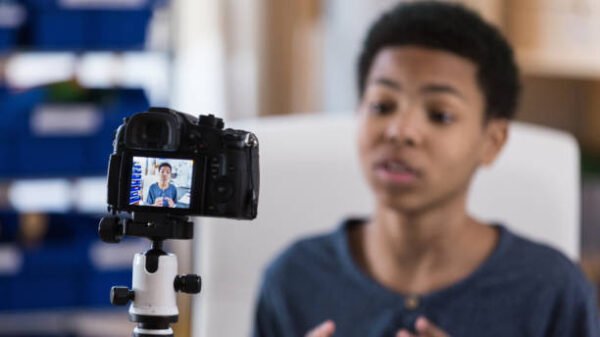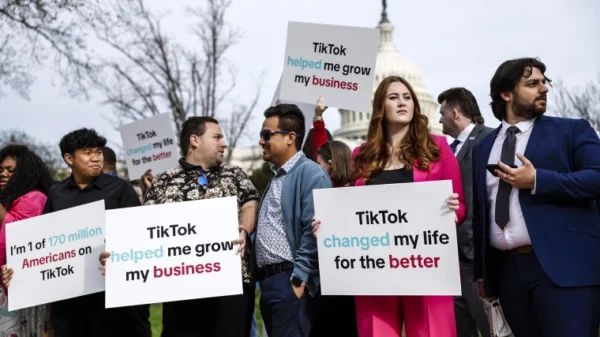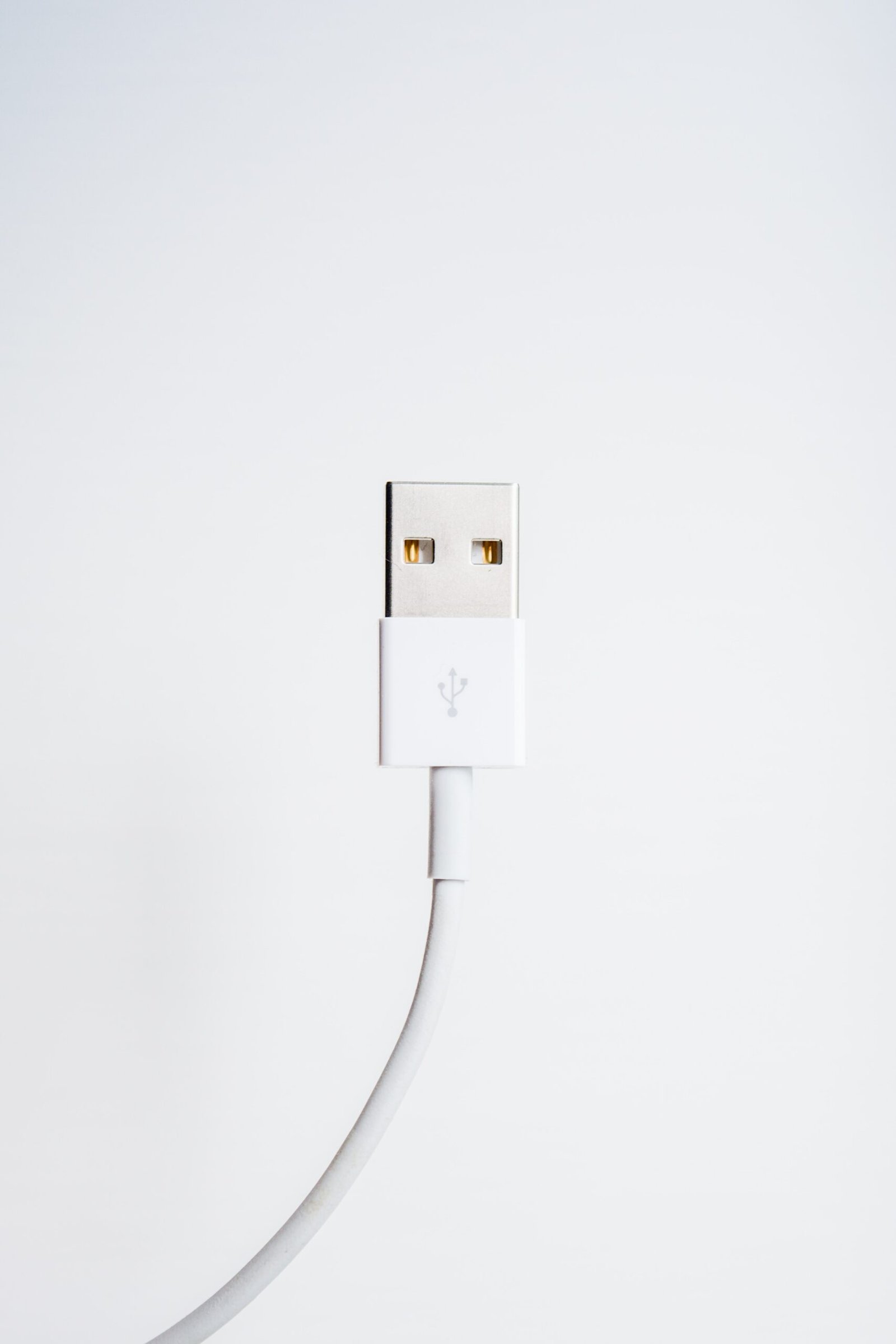In today’s digital age, we are constantly connected to our devices. Whether it’s checking social media, responding to emails, or binge-watching our favorite shows, our reliance on technology has become ingrained in our daily lives. While technology has undoubtedly brought numerous benefits, it’s important to recognize the impact it can have on our mental well-being. This is where the concept of a digital detox comes into play.
What is a digital detox, you may ask? Simply put, it involves taking a break from all digital devices and platforms for a specified period of time. The purpose of a digital detox is to disconnect from the constant stream of information and reconnect with ourselves and the world around us. By doing so, we can alleviate stress, improve our mental health, and regain a sense of balance in our lives.
The importance of digital detoxes cannot be overstated. Research has shown that excessive screen time and constant exposure to digital media can contribute to feelings of anxiety, depression, and loneliness. The constant barrage of notifications and the pressure to always be available can leave us feeling overwhelmed and mentally drained. Taking regular breaks from our devices allows us to reset and recharge, improving our overall well-being.
So, how can we effectively unplug and embark on a digital detox? Here are some tips to get started:
1. Set clear boundaries: Establish specific times and days when you will be completely disconnected from your devices. Communicate these boundaries to your friends, family, and colleagues, so they know not to expect an immediate response during those times.
2. Create a technology-free zone: Designate certain areas of your home or workspace as technology-free zones. This could be your bedroom, the dining table, or even your favorite reading nook. Having designated spaces where technology is not allowed can help create a sense of calm and promote more mindful activities.
3. Find alternative activities: Instead of reaching for your phone or tablet during downtime, explore other activities that bring you joy and relaxation. This could be reading a book, going for a walk, practicing mindfulness or meditation, or engaging in a hobby you’ve neglected. The key is to find activities that allow you to disconnect from technology and focus on the present moment.
4. Practice mindful technology use: When you do use your devices, be mindful of how you’re using them. Avoid mindless scrolling and set specific goals for your screen time. For example, limit social media use to a certain amount of time per day or use apps that track your screen time and provide reminders to take breaks.
5. Connect with nature: Spending time in nature has been proven to have numerous mental health benefits. Make it a point to spend time outdoors, whether it’s going for a hike, gardening, or simply sitting in a park. Connecting with nature can help reduce stress, improve mood, and promote overall well-being.
Remember, a digital detox doesn’t have to be a complete disconnect from technology forever. It’s about finding a healthy balance and incorporating regular breaks into our lives. By unplugging from our devices and engaging in activities that nourish our minds and souls, we can enhance our mental well-being and lead more fulfilling lives.
In conclusion, the importance of digital detoxes in today’s fast-paced world cannot be ignored. Taking regular breaks from our devices allows us to recharge, reduce stress, and improve our overall mental well-being. By setting clear boundaries, finding alternative activities, practicing mindful technology use, and connecting with nature, we can effectively unplug and reap the benefits of a digital detox. So, why not give it a try? Your mind will thank you.



